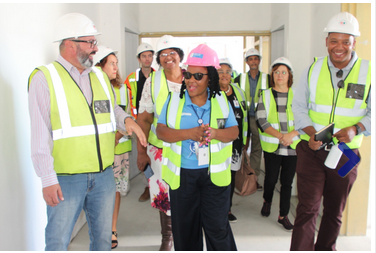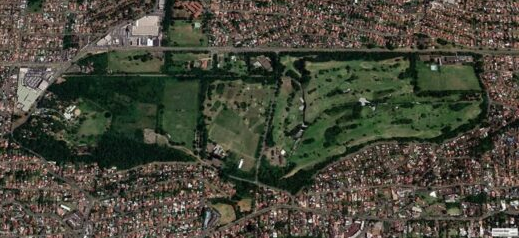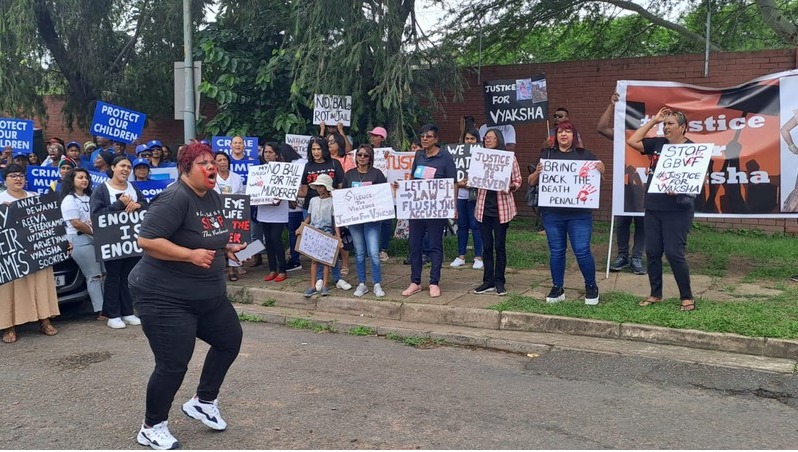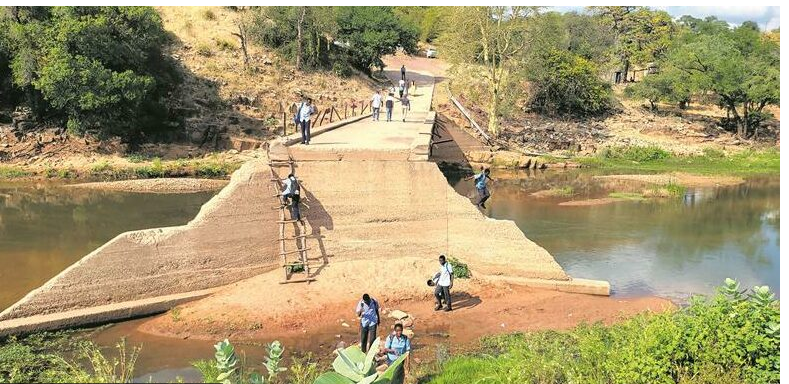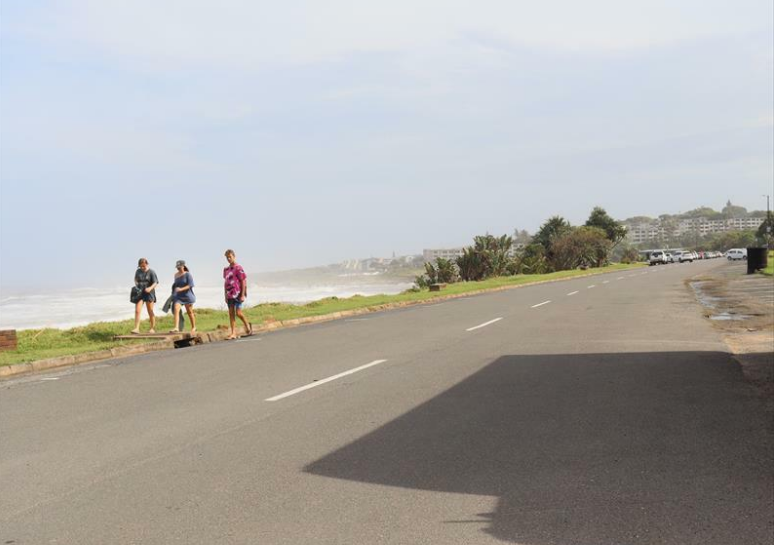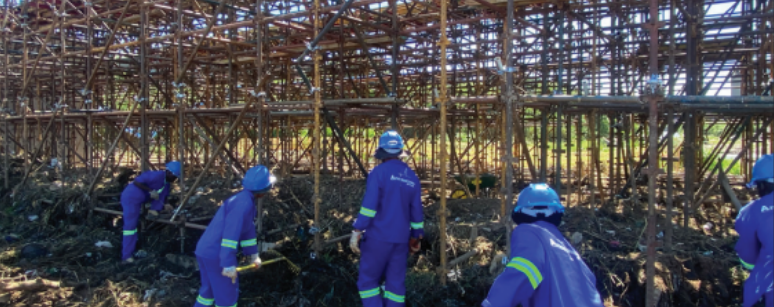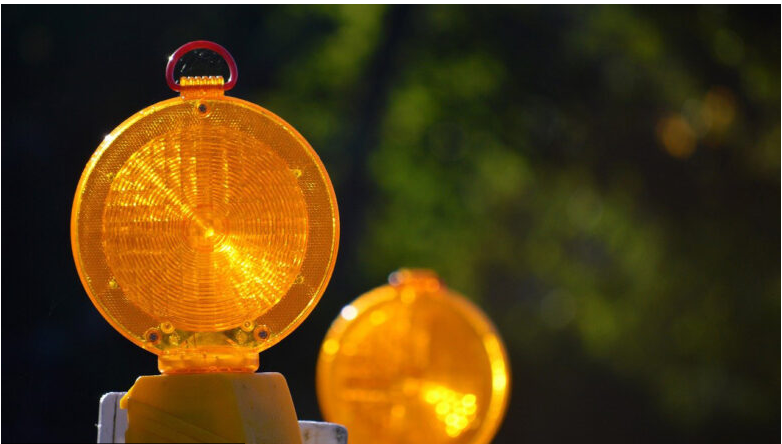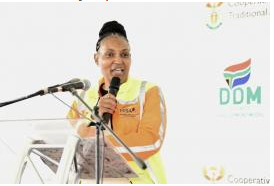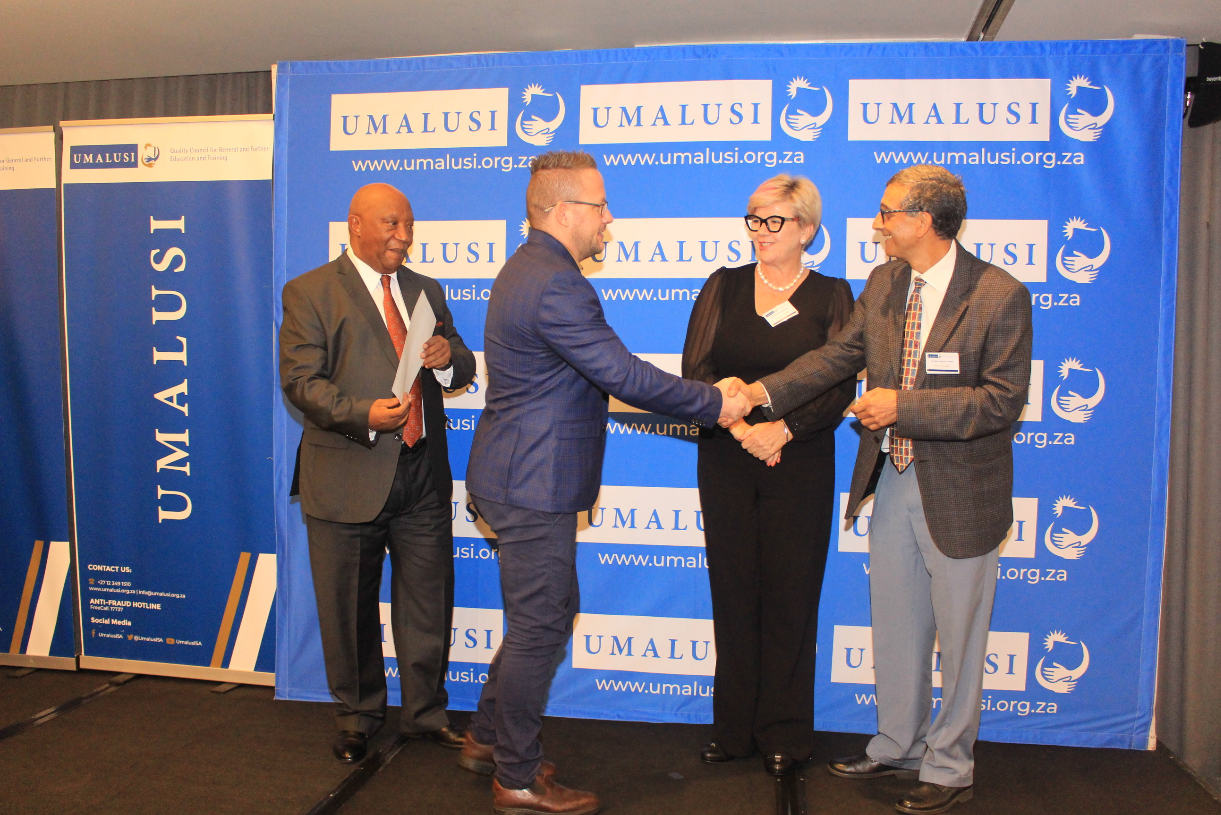Judgment day in 'secret nuclear deal' case
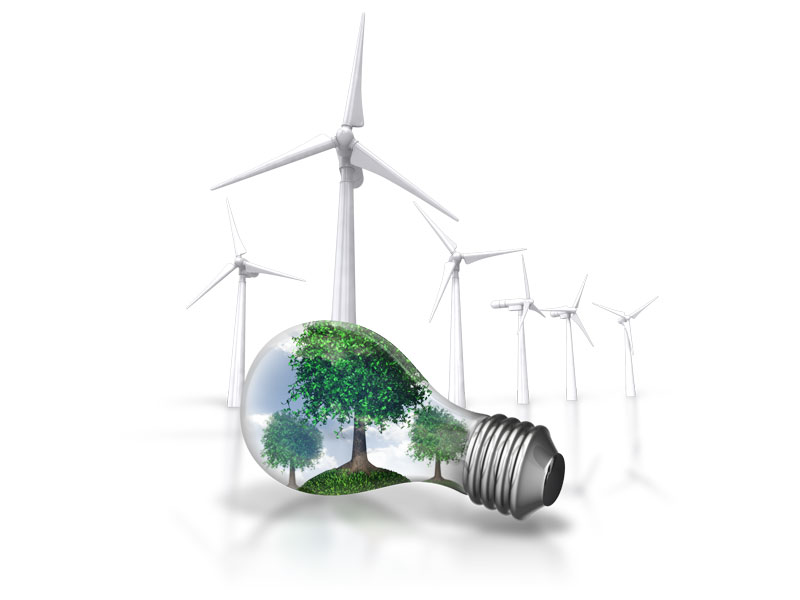
26-04-2017
Read : 73 times
Fin24
Source
Cape Town – The Western Cape High Court will today deliver judgment in the nuclear court case brought by Earthlife Africa Johannesburg and the Southern African Faith Communities’ Environment Institute (Saifcei) against government.
The court case was first launched in October 2015 whereby the two organisations are challenging the government’s decision to buy 9.6 GW of nuclear power without debating it first in Parliament, thus flouting democratic processes.
The two organisations said in a joint statement issued on Tuesday that if the court bid is successful it will put "serious roadblocks" in the way of the government and Eskom's nuclear procurement process.
Fin24 earlier reported that the applicants argued in court papers that the government cannot afford the mooted R1trn nuclear price tag and that the government acted in secret when it signed an agreement with Russia as part of the procurement plans for a nuclear build programme.
READ: Why discuss the nuclear deal in secret?
Earthlife and Safcei further argue that the Department of Energy acted unlawfully when it decided in December 2016 to move the procurement of nuclear energy to Eskom, as former energy minister Tina Joemat-Pettersson had not followed any public participation or consultative process before making the decision.
Joemat-Pettersson in a responding affidavit said she was not aware of any rule or court order that would prevent her from handing over the procurement process to Eskom.
Government’s lawyer Marius Oosthuizen SC said in counter arguments that the deal signed with Russia does not tantamount to a commercial agreement, but was only an agreement to work together.
He pointed out that an international agreement between two countries did not require to be debated in Parliament, as it is not a constitutional requirement.
Oosthuizen also argued that the government is within its rights to come up with policies, such as nuclear energy as part of South Africa’s energy mix and that it should not be preceded by a debate in Parliament.
He further questioned why “everybody” is “picking” on government’s agreement with Russia to when similar agreements had been signed with France and China.
The procurement of nuclear energy is the subject of fierce debate in the country. A number of energy experts argue that it is superfluous, as energy demand is lower than previously projected and that nuclear energy would be too expensive.
The government on the other hand, including power utility Eskom, maintains that South Africa needs nuclear energy as a form of base load power as coal-fired power stations are being phased out.
Finance Minister Malusi Gigaba repeated President Jacob Zuma’s earlier statement that nuclear energy would only be procured at a pace and scale that the government can afford.
The affordability issue however was also raised by Fitch Ratings, which became the second ratings agency to downgrade South Africa’s sovereign credit rating.
In its statement issued on April 7, explaining the decision to cut South Africa’s rating to junk status, Fitch said under the new Minister of Energy, Nkhensani Kubayi, the programme is likely to move “relatively quickly”.
It further noted that under the finance ministry of Nhlanhla Nene, who was removed on December 9 2015, National Treasury said Eskom could not absorb the nuclear programme with its approved guarantees at the time. A nuclear build programme would increase contingent liabilities, Fitch said, which are already “sizeable”.
Recent News
Here are recent news articles from the Building and Construction Industry.
Have you signed up for your free copy yet?
